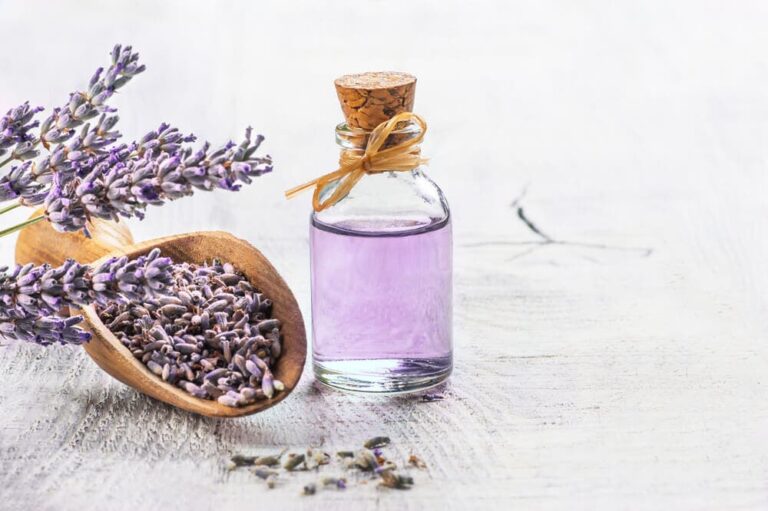
Essential oils are oils that have been used for centuries for various purposes. They have been used since ancient times in many cultures, including China, Egypt, India and Southern Europe.
Some essential oils were even used on the dead as part of the embalming process. We know this to be true from remains found in tombs over 2000 years old. Essential oils are widely used in aromatherapy. French surgeon Jean Valnet developed aromatherapy after learning that essential oils could help treat soldiers during the Second World War when medicine was in short supply.
The beauty of essential oils is that they are natural, extracted from flowers, leaves, bark or plant roots. It is good to make sure that you use pure essential oils, that is, essential oils that are not diluted with chemicals or additives. These are natural remedies that provide much-needed relief and healing for a variety of ailments, including anxiety.
Best Essential Oils for Anxiety
Anxiety is a tough battle to face every day. This is why it is important to have natural solutions, such as an essential oil blend.
In a 2014 study by the American College of Healthcare, 58 hospice patients were massaged once a week for a week with an essential oil blend diluted with 1.5 percent almond oil. The essential oil blend contained equal amounts of bergamot, frankincense and lavender oil.
As a result of the research, patients who received aromatherapy massage reported less pain and depression. This suggests that massage with a mixture of essential oils is more effective in treating pain and depression than massage therapy alone.
The best essential oils you can use for anxiety are the following:
Lavender (Lavandula angustifolia)
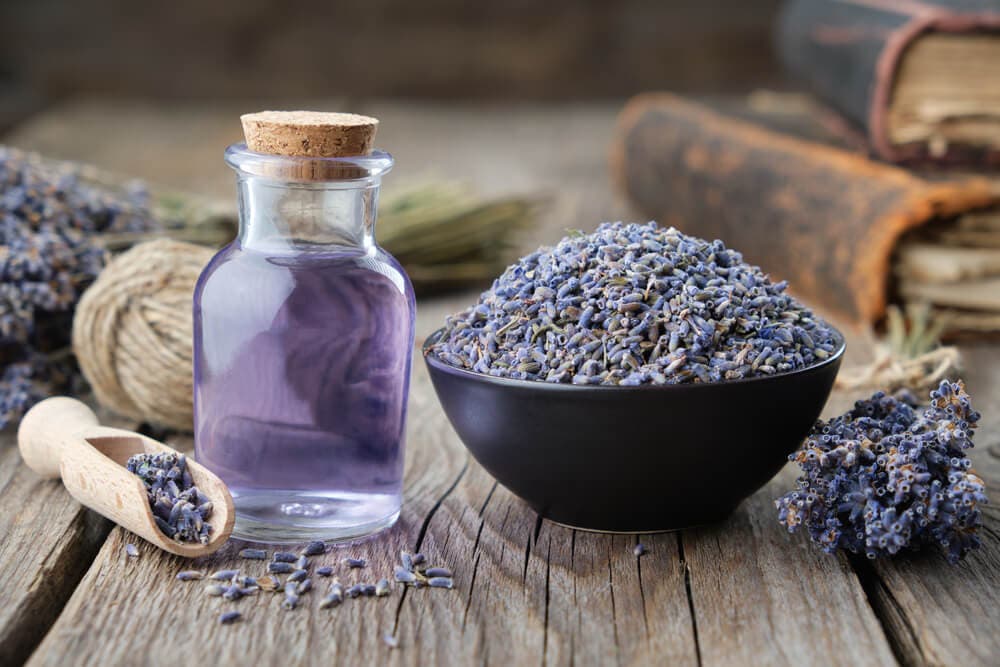
Lavender oil, one of the most widely used essential oils, has other benefits besides calming and relaxing effects. Lavender oil is considered to have a restorative effect on the nervous system and this essential oil is also useful in disorders such as inner peace, sleep, restlessness, irritability, panic attacks, nervous tension and stomach tension.
The second edition of Prof. Dr. Hüsnü Can Başer’s “Essential Oils Handbook: Science, Technology and Applications” by Prof. Dr. Hüsü Can Başer mentions a number of clinical studies indicating that smelling lavender essential oil reduces stress and anxiety.
In a study using oral capsules of lavender essential oil, heart rate variability while watching an anxiety-inducing movie was significantly increased compared to a placebo. This suggests that lavender has anti-anxiety effects.
Further research shows lavender’s ability to reduce anxiety in patients undergoing coronary artery bypass surgery and in people visiting the dentist.
You can add lavender oil to a diffuser, bath water or a spray bottle filled with water to promote relaxation. You can use lavender oil with many essential oils such as geranium oil, ylang ylang oil and chamomile oil. You can also rub lavender on your wrists, temples and neck.
Rose (Rosa damascena)
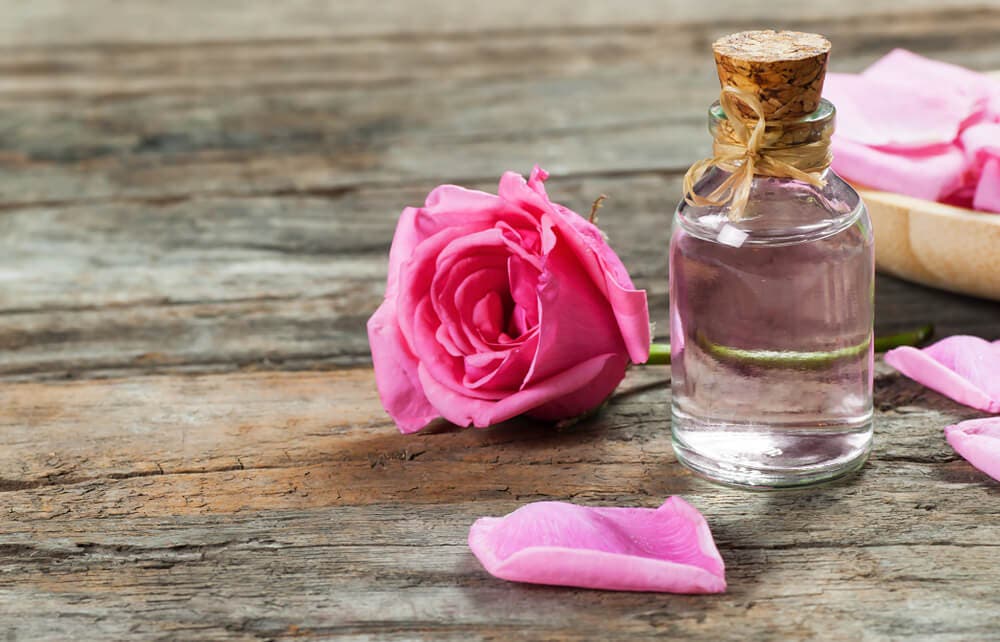
One of the benefits of rose essential oil is that it calms the emotional state. This is why it is the second most popular oil after lavender oil for relieving anxiety and depression and helping with panic attacks, sadness and shocks.
In a study of first-time pregnant women in the Iranian Red Crescent Medical Journal, one group of women received a 10-minute inhalation and foot bath with rose oil, while the other group received a 10-minute foot bath. Comparing the control group with the research group, aromatherapy and foot baths reduced anxiety during the active phase in women who had never given birth before.
Vetiver (Vetiveria zizanioides)
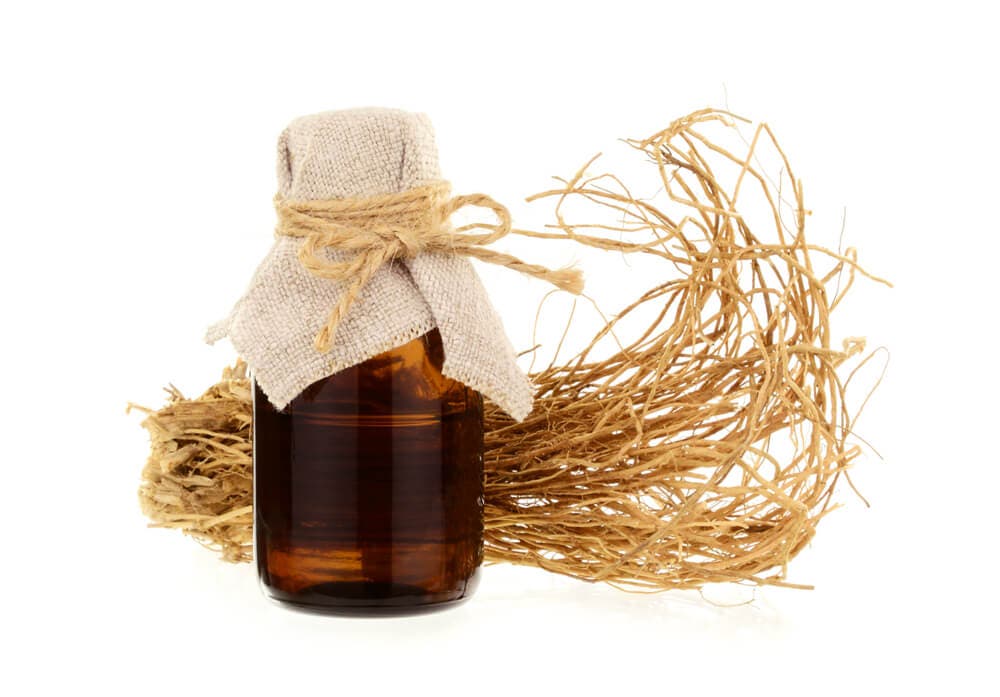
Vetiver oil has a calm, grounding and reassuring energy. This oil often helps to bring self-awareness, calmness and stability in trauma. Active in the nervous system, it reduces tension and hypersensitivity and is also useful for panic attacks and shock.
A study published in the journal Natural Product Research examined mice exhibiting anxiety-like behaviors and found that vetiver oil may be beneficial in reducing anxiety. However, more research is needed to confirm this information from the study.
Ylang ylang (Cananga odorata)
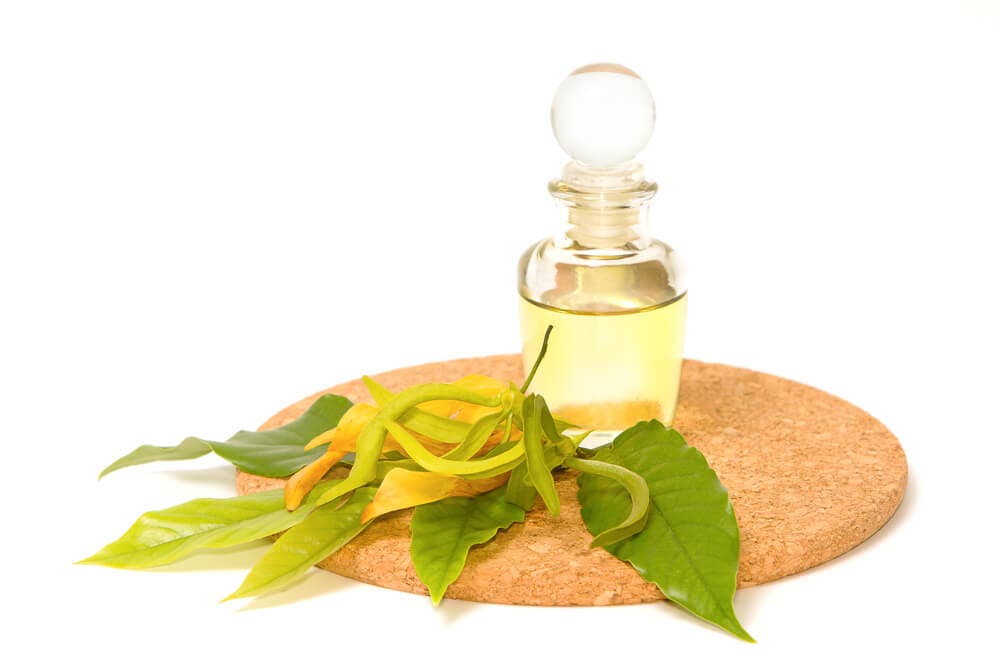
This highly popular essential oil can be used to treat anxiety and depression thanks to its calming and uplifting effects. Ylang ylang oil helps with joy, courage and optimism and calms fears. It can also soothe restlessness and nervous palpitations and can help with insomnia as it is a mild strong sedative.
A 2006 study by Geochang State University in Korea found that using lavender and bergamot oils in combination with ylang ylang oil once a day for four weeks reduced psychological stress responses and serum cortisol levels, and blood pressure in patients with hypertension.
You need to be careful when using ylang ylang oil as it can sensitize or irritate the skin. Also avoid this oil if you have low blood pressure problems. You can use ylang ylang oil at home by putting it in a diffuser. This oil creates a beautiful blend with jasmine oil and lavender oil.
Bergamot (Citrus bergamia)
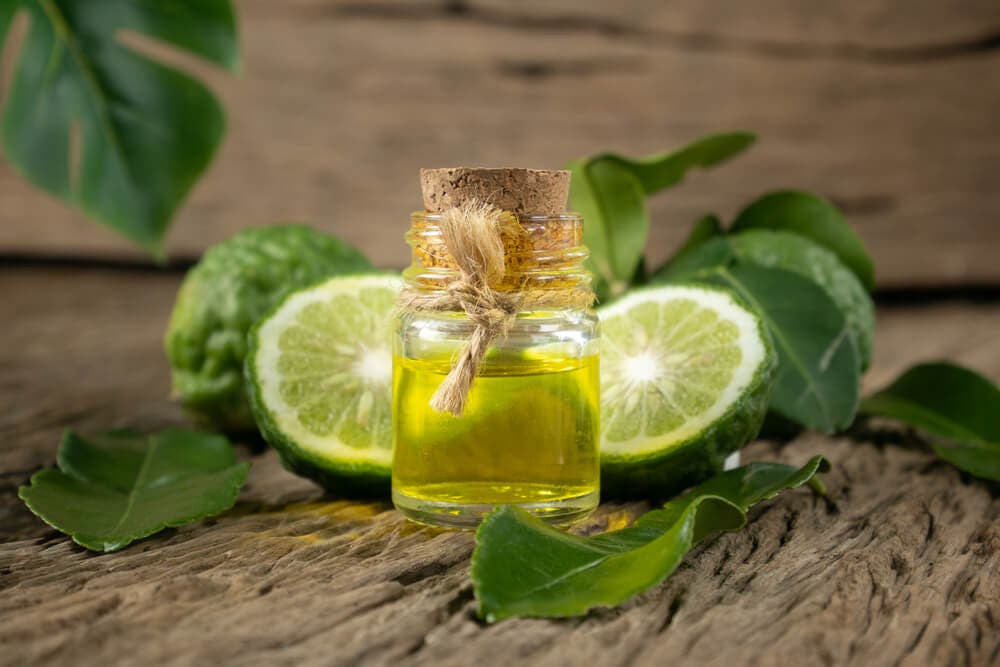
Bergamot is often found in Early Grey tea and has a distinctive floral taste and aroma. Bergamot oil has a calming effect and is used to provide energy to treat depression. It can also help relieve insomnia by promoting relaxation and reducing restlessness.
Bergamot oil has been shown to reduce the corticosterone response in mice. Another 2011 study hypothesized that when participants were administered a blend of essential oils, including bergamot, it could help treat depression and anxiety. The essential oil blend consisted of lavender and bergamot oils.
When the subject group was compared to the placebo group, the essential oil blend appeared to naturally lower blood pressure and heart rate, and participants in this group rated themselves as calmer and more relaxed.
Although bergamot oil is generally safe to use, it can make a person sensitive to light and increase the risk of suntan oil and rashes. It is therefore best to avoid using bergamot oil from 12 hours before sun exposure.
Chamomile (Chamaemelum nobile)
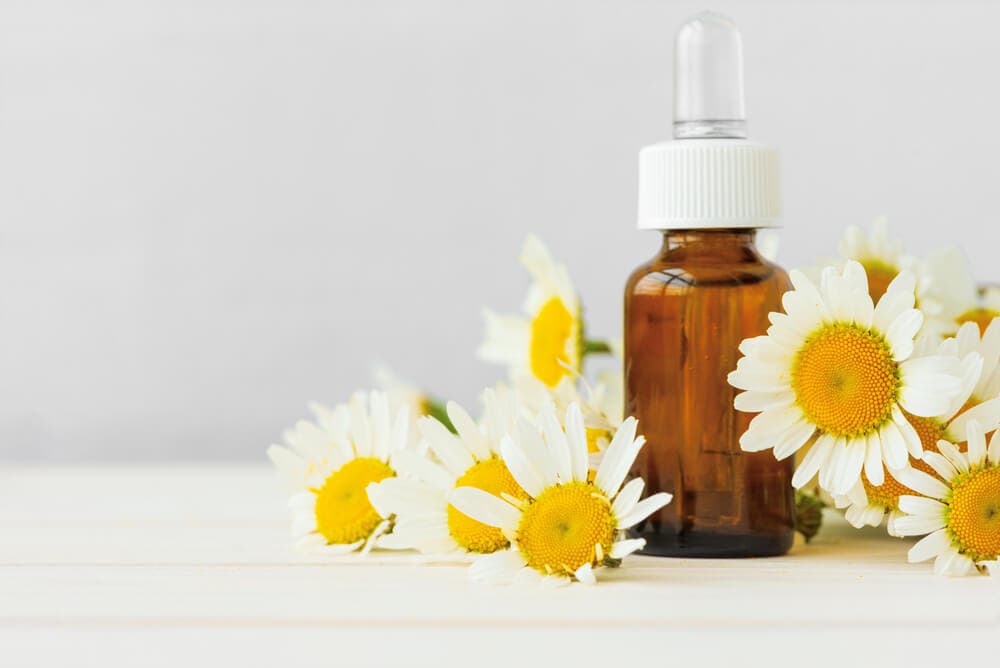
With a peaceful and calming scent, chamomile is beneficial for inner harmony and reduces restlessness, overthinking, anxiety and worry. An exploratory study on the antidepressant properties of chamomile at the Medical College of Pennsylvania found that this essential oil may provide a clinically significant antidepressant effect in addition to its previously observed anti-anxiety effect.
Another study published by the National Center for Complementary and Integrative Health found that capsules containing chamomile reduced anxiety symptoms.
Chamomile oil is generally safe to use, except for people at risk who are allergic to ragweed.
Sweetgum (Boswellia carteri or boswella sacra)
Frankincense oil is excellent for treating depression and anxiety. Because it gives a calming energy as well as a spiritual grounding. In aromatherapy, frankincense oil can help deepen meditation and calm the mind, relieving problems such as chronic stress.
A study conducted at Keimyung University in Korea showed that frankincense oil mixed with lavender and bergamot in a 1:1 ratio in aroma hand massage had a positive effect on pain and depression in hospice patients in the last stage of cancer.
How to Use Essential Oils?
You can use essential oils in three different ways: aromatherapy, digestively and topically.
Aromatherapy
When it comes to anxiety, aromatherapy is quite famous because our sense of smell stimulates strong emotional responses. We process a lot of information with our sense of smell. More specifically, we process olfactory information in the region of the brain next to the limbic region. This is the area involved in emotional processing and recall.
When the scent of the essential oil is inhaled, molecules enter the nasal cavities and stimulate mental responses in the limbic system of the brain. These stimuli regulate stress or calming responses such as heart rate, breathing patterns, production of hormones and blood pressure.
You can benefit from aromatherapy by using these essential oils in the bath, inhaling them directly, using hot water vapor, a vaporizer or room humidifier, a fan, perfume, cologne or aromatherapy diffusers.
Digestion
It is possible to consume many essential oils orally. However, you need to make sure that the oils you use are safe and pure. Many commercially available oils may be diluted or mixed with synthetic substances that are not safe to digest.
According to reviews, the most effective way to consume essential oils that are safe to digest is to consume them by dropping a drop in water or putting it in a teaspoon of honey. Or you can put one or two drops of essential oil under your tongue.
Since the capillaries under the tongue are very close to the surface, the oil you drip here will pass into the bloodstream faster and go to the areas needed in the body.
You can also take essential oils in capsule form, add a few drops to a favorite drink, make tea or use them in cooking.
Topical application
Many people apply essential oils topically. Topical application involves applying the essential oil to the skin, hair, mouth, teeth, nails or mucous membranes of the body. Oils penetrate quickly when they come into contact with the skin.
Since essential oils are very powerful, it is important to dilute and mix them with a carrier oil such as sweet almond, jojoba, olive, avocado or coconut oil. You can apply the mixture directly to the desired area, on the soles of the feet, around the ears, using compresses, putting it in bath water or massaging it.
Things to Consider
Do not take essential oils by mouth or apply to the skin without proper training or dilution without medical supervision. It is very important that you understand how to best use these oils.
Before using essential oils, consult an expert and test the area where you will apply them. You need to be careful as these oils can react differently in different people, especially children and pregnant women.
Conclusion
Using essential oils with a calming effect to reduce anxiety and relax is very easy and completely natural.
Some of the best essential oils for anxiety include lavender, chamomile, ylang ylang, bergamot and frankincense oil. These oils can be used aromatically to create a peaceful and relaxing environment. You can also apply essential oils topically by placing a few drops on your wrists and temples to reduce stress.
Read also:
- How do I check my gastrointestinal function?
 Stomach pain, constipation or diarrhea, bloating, belching, heartburn? These are all symptoms of problems in the gastrointestinal tract. It starts with the mouth and esophagus and ends with the intestines and rectum.
Stomach pain, constipation or diarrhea, bloating, belching, heartburn? These are all symptoms of problems in the gastrointestinal tract. It starts with the mouth and esophagus and ends with the intestines and rectum. - What are the benefits of hazelnut oil for the skin?
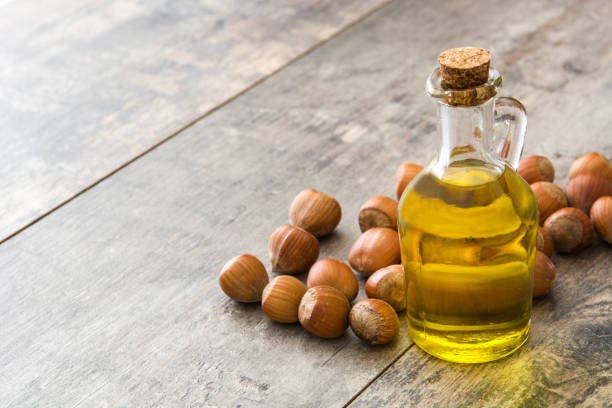 Hazelnut oil is rich in vitamins and essential fatty acids that nourish the skin. Here are a few reasons why you should add this oil to your skin care routine.
Hazelnut oil is rich in vitamins and essential fatty acids that nourish the skin. Here are a few reasons why you should add this oil to your skin care routine. - Immune-boosting aromatic oils
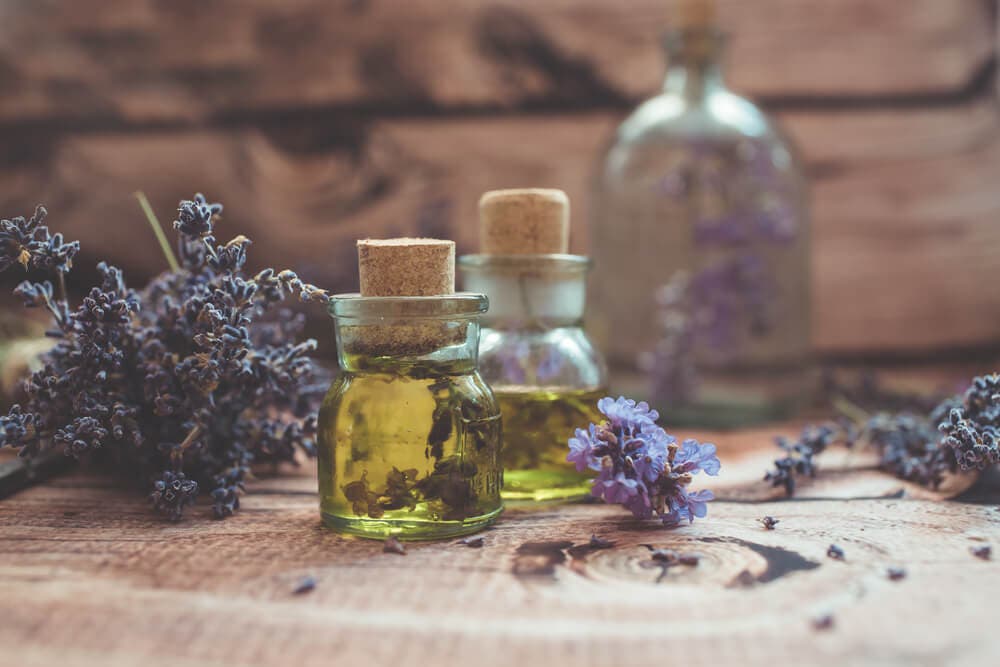 There are many products and treatments that can help your body to build a natural resistance to the harsh winter months, and aromatherapy is one of them. There are many studies supporting the healing power of aromatherapy and it is good for both mental and physical health. Aromatic essential oils also have many health benefits… Read more: Immune-boosting aromatic oils
There are many products and treatments that can help your body to build a natural resistance to the harsh winter months, and aromatherapy is one of them. There are many studies supporting the healing power of aromatherapy and it is good for both mental and physical health. Aromatic essential oils also have many health benefits… Read more: Immune-boosting aromatic oils - Marula Oil Benefits, Uses, and Precautions
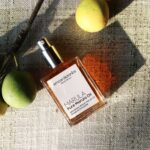 Marula Oil is an exotic oil that comes from the African Marula tree. It’s a good ingredient for skin, hair, and nails. Learn more about the benefits and precautions of Marula Oil with our guide.
Marula Oil is an exotic oil that comes from the African Marula tree. It’s a good ingredient for skin, hair, and nails. Learn more about the benefits and precautions of Marula Oil with our guide. - Goal setting for students, children and young people
 Remember when you learned how to set goals? If you have trouble answering this question, you are not alone! Most of us don’t spend much time thinking about how we set our goals. In fact, many of us don’t even think of goal setting as a skill; rather, it’s something we do without much thought.… Read more: Goal setting for students, children and young people
Remember when you learned how to set goals? If you have trouble answering this question, you are not alone! Most of us don’t spend much time thinking about how we set our goals. In fact, many of us don’t even think of goal setting as a skill; rather, it’s something we do without much thought.… Read more: Goal setting for students, children and young people
The articles on this site are for information purposes only. The site administrators are not responsible for attempting to apply any recipe, advice or diet, nor do they guarantee that the information provided will help or harm you personally. Be cautious and always consult a doctor or nutritionist!
*All products recommended are selected by our editorial team. Some of our articles include affiliate links. If you buy something through one of these links, you help us earn a small commission from the seller and thus support the writing of useful and quality articles.